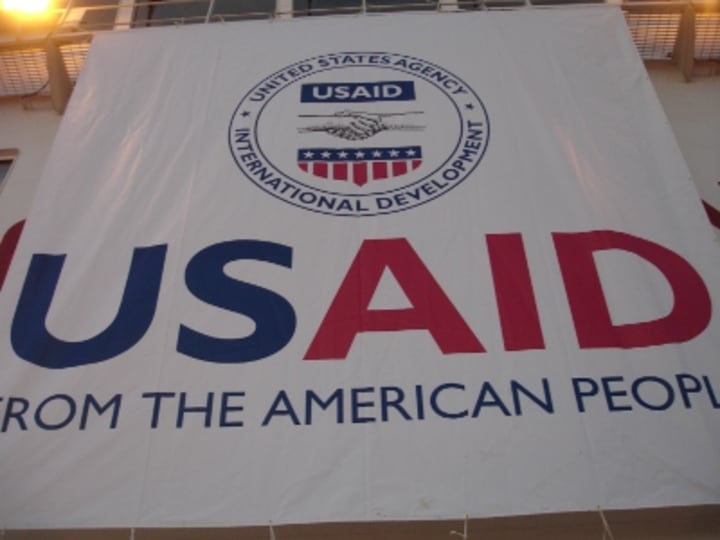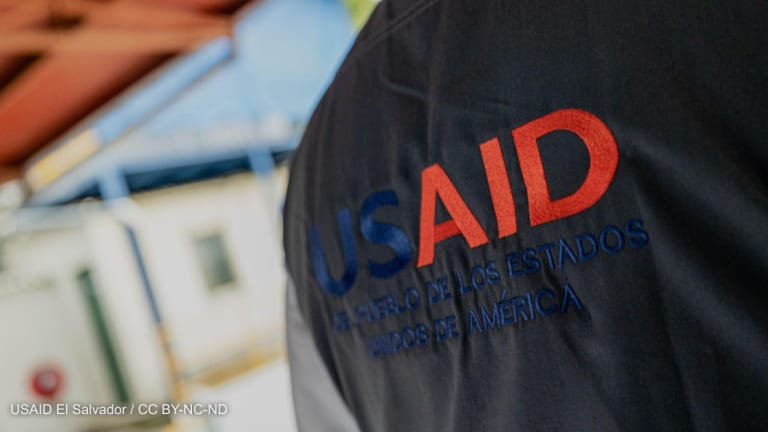
This summer, the United States has been reeling from an eerie mix of partisan gridlock, drought and election-year fever. Within Washington’s aid community, another storm has been brewing for months. It finally erupted last week — and the air hasn’t cleared yet.
At its center is the U.S. Agency for International Development’s plan to funnel 30 percent of its foreign aid directly through local institutions in the developing world by 2015. This may encourage partner countries to take charge of their own development and it could save money where costly parallel systems are eliminated in favor of local institutions and delivery mechanisms — for the provision of health care services, for instance. But it may also reduce accountability and threaten American jobs — an argument that has caught on with Congress.
Two House Republicans have been leading the investigation into USAID’s reform plan: Kay Granger, who chairs the Appropriations Subcommittee on State, Foreign Operations and Related Programs, and Darrell Issa, the fiery chairman of the Committee on Oversight and Government Reform. And while there may not be a congressional majority to torpedo the administration’s reform agenda this year, pressure is mounting.
Last week, things came to a boil after Foreign Policy magazine published the provocatively titled “Hired Gun Fight,” an analysis of USAID Administrator Rajiv Shah’s effort to advance procurement reform by John Norris of the progressive Center for American Progress.
The Coalition of International Development Companies, which represents 55 U.S. firms, came out swinging against the article.
“Neither USAID nor any other donor has yet found reliable means to assure that corruption and non-inclusive institutions do not simply reinforce the power and privilege of elites — at the expense of the poor and disenfranchised — in countries that are not yet governing equitably,” CIDC board members argued in a sharply worded statement republished in part by Devex.
Meanwhile, another opinion piece — this one published by The Hill — touted the benefits of local procurement. The writer: Mark Dybul, former U.S. global AIDS coordinator under President George W. Bush.
“U.S.-based organizations will be needed for the long-term to build the capacity of local organizations to provide services and prevent corruption,” he wrote, “and for long-term technical support as local groups take over implementation — a role they are playing very effectively for the PEPFAR treatment programs that have been transitioned.”
At the heart of the debate is this question: What is the best way to ensure sustainable, results-oriented development that supports U.S. foreign policy objectives, protects U.S. jobs and serves U.S. taxpayers?
U.S. implementers say they support USAID Forward, the agency’s reform agenda, which includes the push for more country ownership and local procurement. But many of them see the 30 percent threshold as arbitrary. They fear that what USAID may have conceived as a regional target will be interpreted by country mission chiefs as a mandate, however unrealistic it may be in places.
They predict a disruption of aid programs. Small U.S. businesses, which already receive only a tiny fraction of USAID funding, may be further set back by an increased reliance on foreign contractors. And at the end of the day, USAID may set itself up for failure if it lacks the capacity to properly monitor its foreign partners and ensure value for money.
The Obama administration has had a largely positive relationship with its implementer community. And yet, large parts of that community appear to feel left out of important decision-making processes. The dialog has become one-sided, one nongovernmental organization official told me this week.
Rekindling that dialog may be important if USAID hopes to keep the debate over its reforms in the realm of development supporters and out of the ideological divide that plagues Congress.
Read more:




